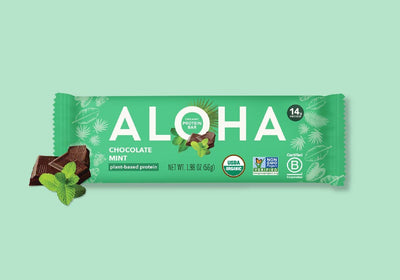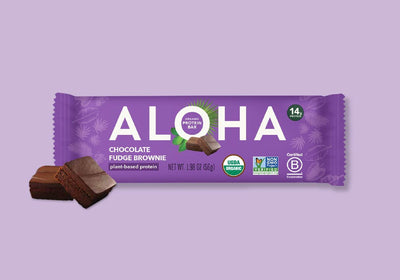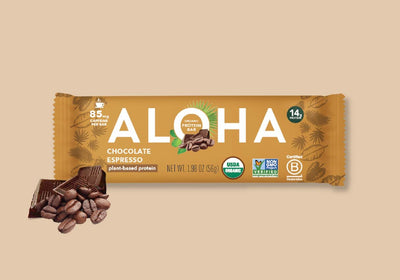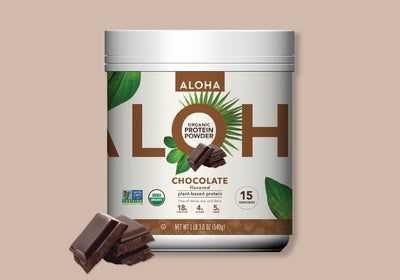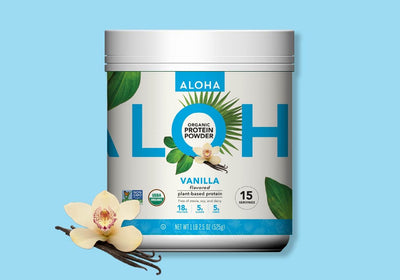Our velvety smooth plant powders are simply made with 18g of protein, prebiotics for gut health, and 12 whole food ingredients for everything your body needs to do its best.
Discover the magic of our rich, velvety vegan chocolate protein powder with cocoa and a hint of coconut sugar and cinnamon. Our power-house powders contain blue agave inulin for intestinal health and blood sugar support. We also want you to reap the benefits of MCT oil from organic coconut such as natural energy and 18g of organic pea, brown rice protein, pumpkin seed, and hemp seed protein.
To top it off, our powder canisters are 100% sustainable and recyclable. Always free from: gluten, dairy, soy, stevia, and sugar alcohols.
Customizing Your Protein Intake For Weight Gain
- Assess Your Dietary Needs: Evaluate your current protein intake and determine how much more you need to reach your weight gain goals.
- Calculate Your Protein Requirements: Calculate your daily protein needs based on your body weight, activity level, and muscle-building goals.
- Choose The Right Protein Powder: Consider factors like digestibility, dietary restrictions, and added nutrients when selecting a protein powder for weight gain.
- Timing Your Protein Intake: Strategically consume protein shakes or snacks post-workout, between meals, before bed, and during breakfast to support muscle growth.
- Monitor And Adjust: Regularly assess your progress and adjust your protein intake as needed to optimize muscle gain and overall health.
- Listen To Your Body: Pay attention to how your body responds to changes in protein intake and make adjustments if needed to maintain balance in your diet.

 collection header image
collection header image
 collection header image
collection header image

